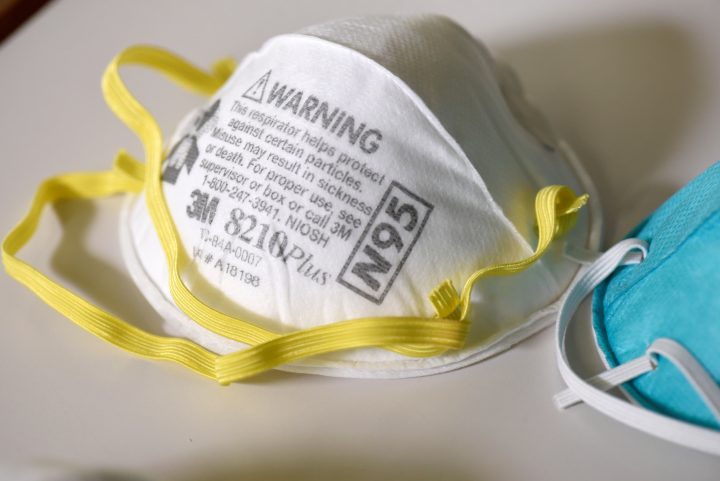Habitat for Humanity Regina Restore has donated personal protective equipment and home furnishings to various groups in need across Saskatchewan, due to COVID-19.

The organization provided the Salvation Army and Catholic Family Services with paint suits and the YWCA furnishings for their new apartments and housing – including dining tables, light and microwaves.
Habitat for Humanity Regina Restore has also provided N95 masks and hundreds of filters to the Government of Saskatchewan, which will be dispersed through the province.
“We are proud to lend a helping hand during this time where so many people are in need of a hand up,” said Kelly Holmes-Binns, Habitat for Humanity Regina CEO.
“The YWCA was looking to add some rooms to their operations to be able to serve more clients giving the health restrictions that they were challenged with and we were able to donate furniture to help them create those new spaces.”
The organization locked its doors to the public, but has since opened an Online Restore on its Facebook Page – open 12 p.m. – 4 p.m. Monday to Friday.
Questions about COVID-19? Here are some things you need to know:
Health officials caution against all international travel. Returning travellers are legally obligated to self-isolate for 14 days, beginning March 26, in case they develop symptoms and to prevent spreading the virus to others. Some provinces and territories have also implemented additional recommendations or enforcement measures to ensure those returning to the area self-isolate.
Symptoms can include fever, cough and difficulty breathing — very similar to a cold or flu. Some people can develop a more severe illness. People most at risk of this include older adults and people with severe chronic medical conditions like heart, lung or kidney disease. If you develop symptoms, contact public health authorities.
To prevent the virus from spreading, experts recommend frequent handwashing and coughing into your sleeve. They also recommend minimizing contact with others staying home as much as possible and maintaining a distance of two metres from other people if you go out.
For full COVID-19 coverage from Global News, click here.










Comments